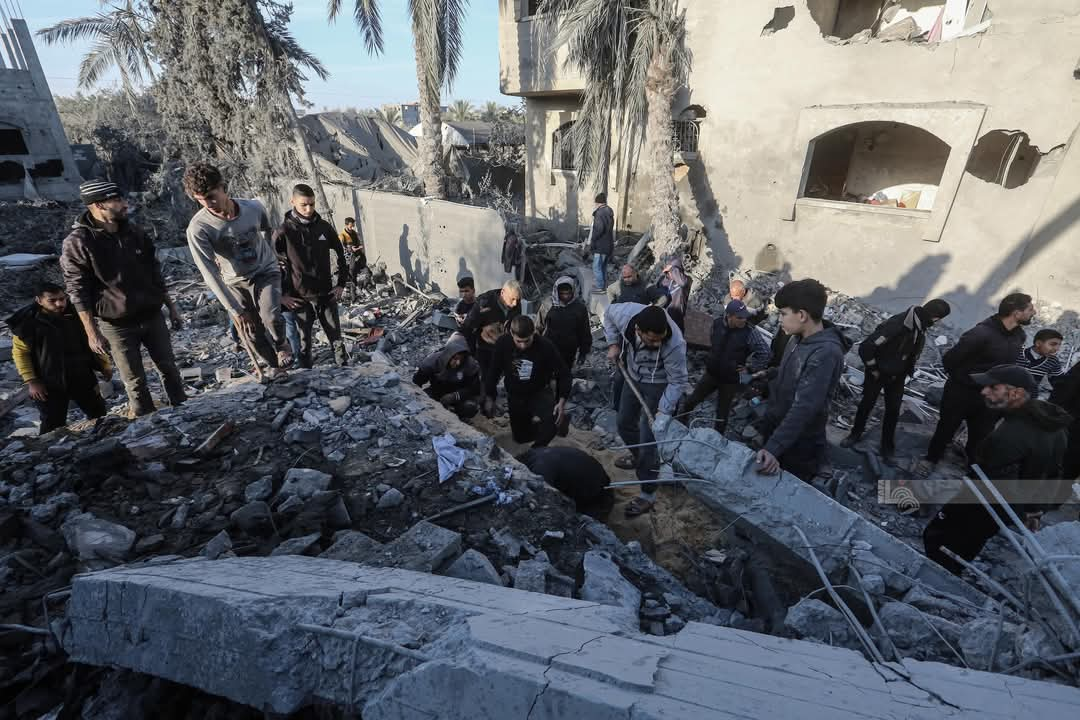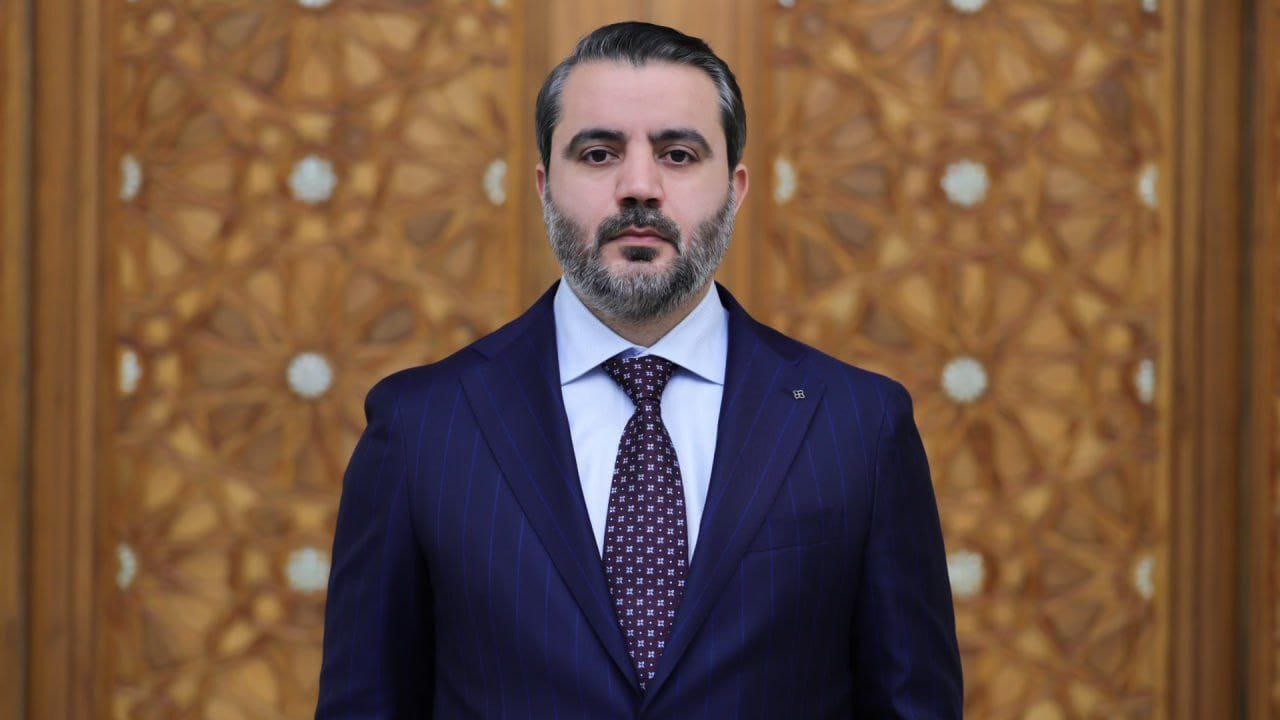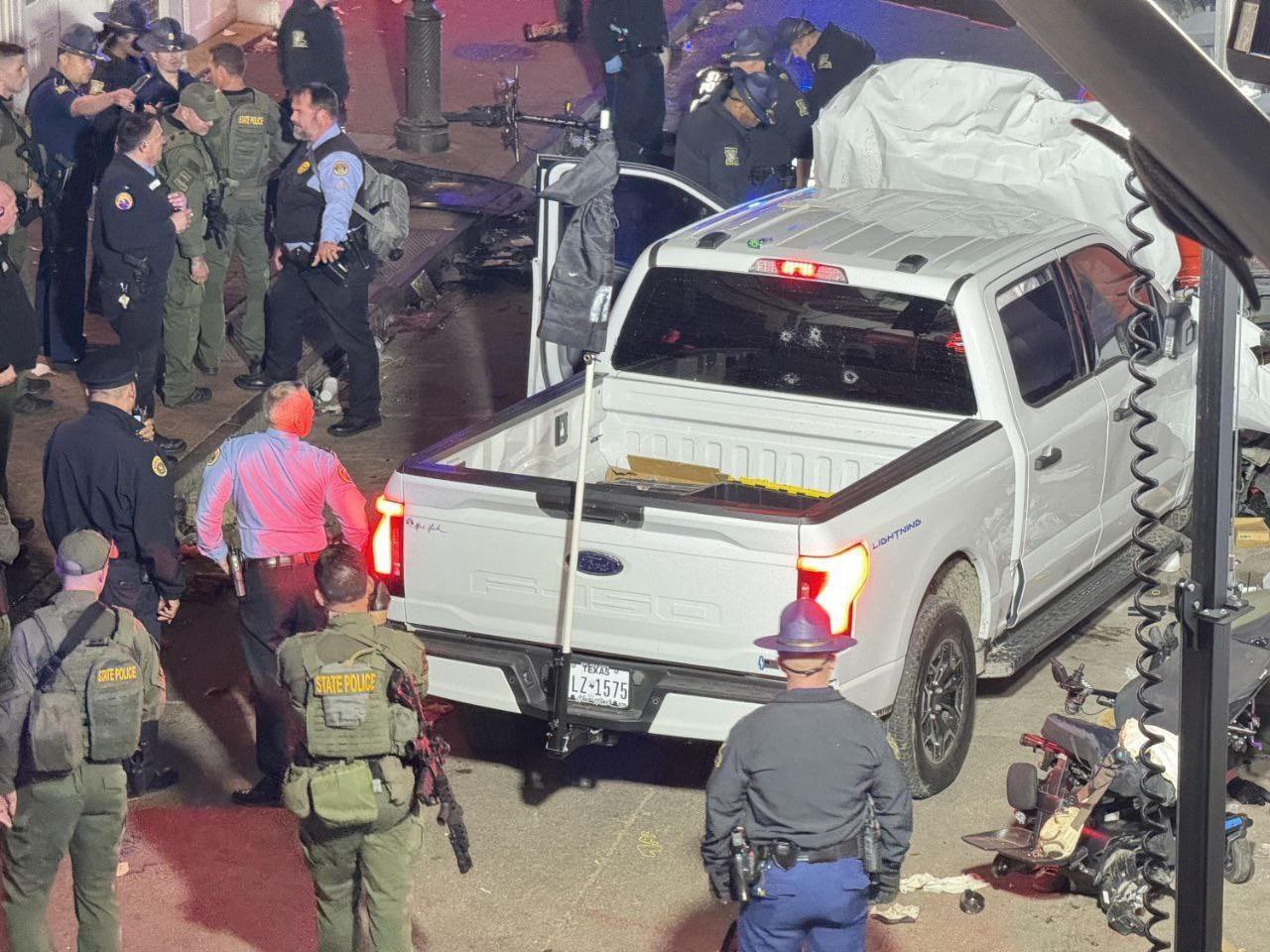Seeking to break Lebanon’s impasse, representatives of various countries met in Paris to discuss a possible roadmap for the country following a long period of turmoil.
A Qatari delegate is reportedly travelling to Lebanon next week to meet with different officials to bridge differences between Lebanese sides amid a power vacuum, Beirut media reported on Wednesday.
Sources privy to the matter told Nidaa Al Watan that the Qatari envoy, who has not been named, is scheduled to meet with Lebanon’s Parliament Speaker Nabih Berri, caretaker Prime Minister Najib Mikati, and other officials.
The sources hinted towards a meeting with Hezbollah leadership in an effort to bring together various Lebanese parties, in line with Lebanon’s “rescue roadmap”.
However, Qatari authorities have yet to announce such a visit.
Lebanon’s presidency has remained vacant since late last year when former President Michel Aoun left office amid a crippling economy and an ongoing political divide.
Seeking to break Lebanon’s impasse, representatives of various countries – Qatar, Saudi Arabia, the United States, Egypt, France -met in Paris to discuss a possible roadmap for the country following a long period of turmoil.
During the meeting, officials warned that an absence of presidential elections may drive them to reconsider ties with Beirut.
While no further statements were issued in the aftermath of the meeting, several members of the Lebanese government met with envoys from countries that attended.
Analysts who spoke to Doha News at the time pointed to Qatar’s own strategic role in such discussions, citing its previous mediation efforts in Lebanon.
“Qatar has a history of diplomacy in trying to play the role of the convenor of dialogue in Lebanon, traditionally it has played this role,” Halim Shebaya, non-resident fellow at Arab Center Washington DC, told Doha News, at the time.
In 2008, Qatar succeeded at holding talks that resulted in an agreement between the Lebanese government and Hezbollah following an 18-month political crisis.
The 2008 talks in Doha were the first to bring all Lebanese parties onto a single table to negotiate despite the deep divide between all sides.
Potential candidate
General Joseph Aoun, who is not related to the former president, has emerged as a possible candidate for the presidency, with reports citing his capability to bring together different Lebanese sides.
Qatar’s support for the army commander general was questioned when he visited the Gulf state in December last year.
On the other hand, the powerful Hezbollah movement has vocally expressed its support for pro-Syria’s Bashar Al Assad regime candidate Sleiman Frangieh.
“The candidate we support… is Sleiman Frangieh,” Hezbollah chief Hassan Nasrallah said in a televised speech this month.
Meanwhile, Lebanon has long been an arena where rivalry between Saudi Arabia and Iran has played out.
Riyadh backs some Sunni and Maronite groups while Tehran supports the Shia Hezbollah movement.
However, the recent reconciliation between former regional rivals Riyadh and Tehran has raised questions over its impact on Lebanon, as well as other regional files.
Analysts believe that although it remains too soon to judge the potential outcomes of the rapprochement, Lebanese politicians have high hopes on what it could mean for its presidency issue.
Lebanon’s economic woes
Lebanon is currently facing its worst economic crisis in decades. Since 2019, the currency has lost more than 90% of its value to the US dollar, leaving many families living in poverty.
A collapsed economy, coupled with the Covid-19 outbreak and the Beirut blast, have plunged Lebanon into a long state of paralysis.
In the aftermath of the explosion, Qatar was the first country to offer direct support to Lebanon worth more than $70 million. It also sent aircrafts carrying fully equipped field hospitals with 500 beds to Beirut.
Meanwhile, Lebanese have pinned the blame for Lebanon’s economic turmoil on the country’s ruling elite as well as prevalent sectarianism.
Lebanon is made up of various segments, including Shia Muslims, Sunni Muslims, Druze, Maronites, and other sects of Christianity.
In 1975, various sides engaged in a bloody civil war that lasted for 15 years. The war came to an end with the help of the 1989 Taif Agreement, negotiated in Saudi Arabia at the time.







